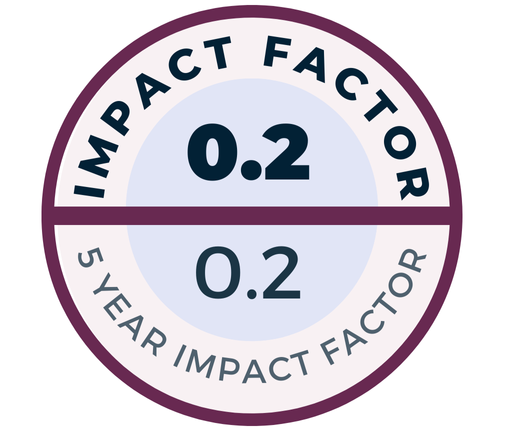Objective: To investigate the importance of comorbidity, performance status, hemoglobin level, weight loss, interruption of radiotherapy, and mucositis as prognostic factors in head and neck cancer patients.
Methods: Two-hundred and ten patients who were admitted to the Oncology Center of our university between 2006 and 2012, and treated for head and neck cancer were included in the study. Performance status at admission was evaluated according to Eastern Cooperative Oncology Group (ECOG) scoring system. Staging of the disease was based on TNM staging system revised in 2010.
Results: The median follow-up period was 24 (range: 1-134) months. Recurrence was observed in 24% of the patients in a median 11 (range: 3-96) months. Metastasis was observed in 13% of patients, in the median 15 (range: 1-134 months). The 3-year local control, overall survival and disease-free survival rates were 72%, 59%, and 53%, respectively for all patients. The factors affecting the 3-year local control rates in univariate analysis were performance status (p=0.006), weight loss (p=0.002), localization (p=0.003), and stage (p<0.001) of the disease, and perineural invasion (p=0.011). The 3-year overall survival rates were not influenced by comorbidity (p=0.045), performance status (p<0.001), hemoglobin level (p<0.001), weight loss (p<0.001), perineural invasion (p=0.017), lymphovasculer invasion (p=0.022), localization (p=0.007), and stage of the disease (p<0.001), and interruption of radiotherapy (p=0.041). The prognostic factors for the 3-year disease-free survival were comorbidity (p=0.045), hemoglobin level (p<0.001), weight loss (p<0.001), perineural invasion (p=0.017), lymphovascular invasion (p=0.022), localization (p=0.007), and stage of the disease (p<0.001).
Conclusion: Weight loss and perineural invasion for local control; performance status, weight loss, hemoglobin level, and interruption of radiotherapy for overall survival; performance status, weight loss, and hemoglobin level for disease-free survival were found to be independent prognostic factors in multivariate analysis.
Baş boyun kanserlerinde prognoz: Hasta ve tedaviyle ilişkili faktörlerin önemi
Amaç: Bu çalışmanın amacı baş boyun kanserinde prognostik faktör olarak komorbidite, performans durumu, hemoglobin düzeyi, kilo kaybı, radyoterapiye ara verme ve mukozitin öneminin araştırılmasıdır.
Yöntem: Üniversitesimizin Onkoloji Merkezine 2006 ve 2012 tarihleri arasında, baş boyun kanseri tanısı ile tedavi edilen 210 hastanın verileri incelendi. Hastaların performans durumu, hasta başvurusunda Eastern Cooperative Oncology Group (ECOG) skorlama sistemine göre değerlendirildi. Hastalık evresi 2010'da revize edilen TNM evrelemesine göre yapıldı.
Bulgular: Hastalar, medyan 24 (dağılım: 1-134) ay takip edildi. Medyan 11 (dağılım: 3-96) ayda hastaların %24'ünde nüks gelişirken, medyan 15 (dağılım: 1-134) ayda %13'ünde uzak metastaz gelişti. Tüm hastalar için 3 yıllık lokal kontrol %72, 3 yıllık genel sağkalım %59, 3 yıllık hastalıksız sağkalım %53 idi. Tek değişkenli analizde hastaların lokal kontrol oranlarını performans durumu (p=0.006), kilo kaybı (p=0.002), hastalık lokalizasyonu (p=0.003), evre (p<0.001) ise 3 yıllık hastalıksız sağkalımı için prognostik faktörler oldu.
Sonuç: Çok değişkenli analizde, kilo kaybı ve perinöral invazyon lokal kontrol için; performans durumu, kilo kaybı, hemoglobin düzeyi ve radyoterapiye ara vermek genel sağkalım için; performans durumu, kilo kaybı, hemoglobin düzeyi hastalıksız sağkalım için bağımsız prognostik faktörler olarak belirlendi.

.jpeg)
